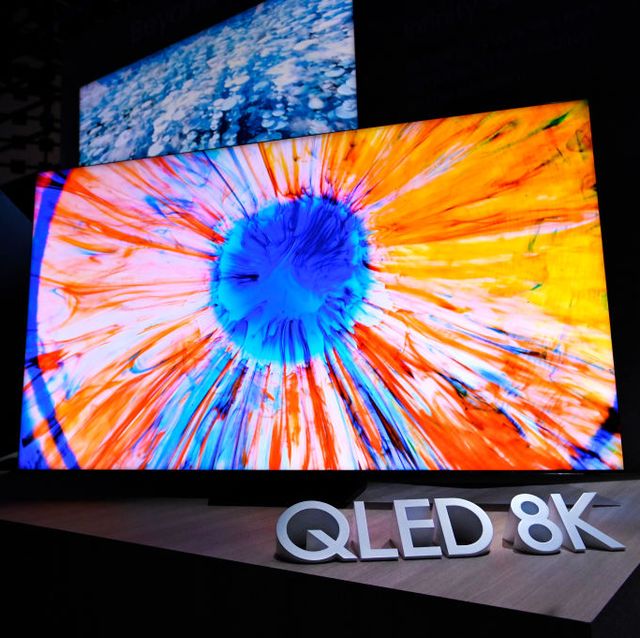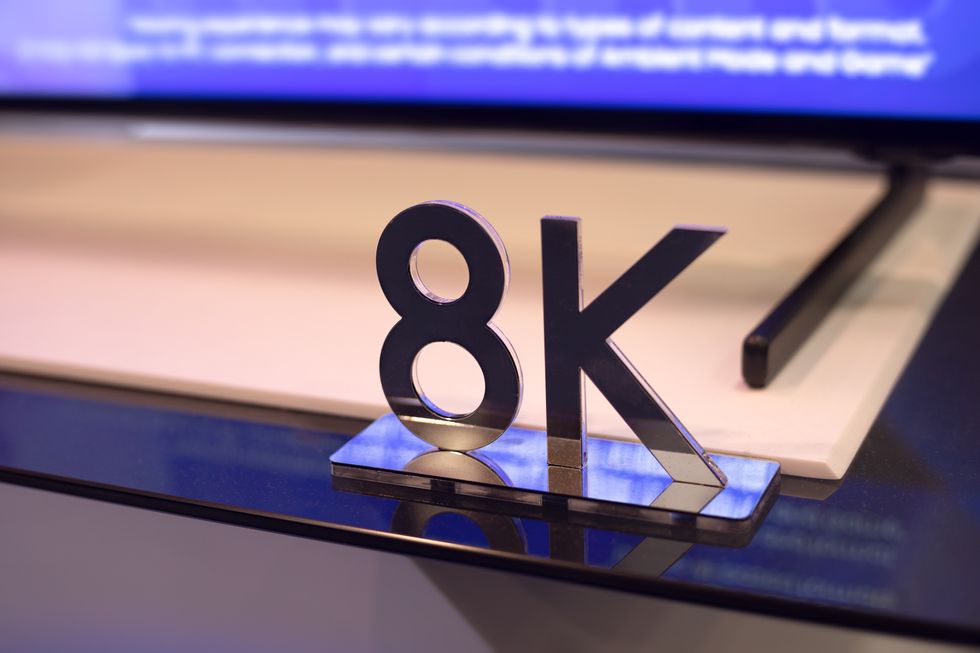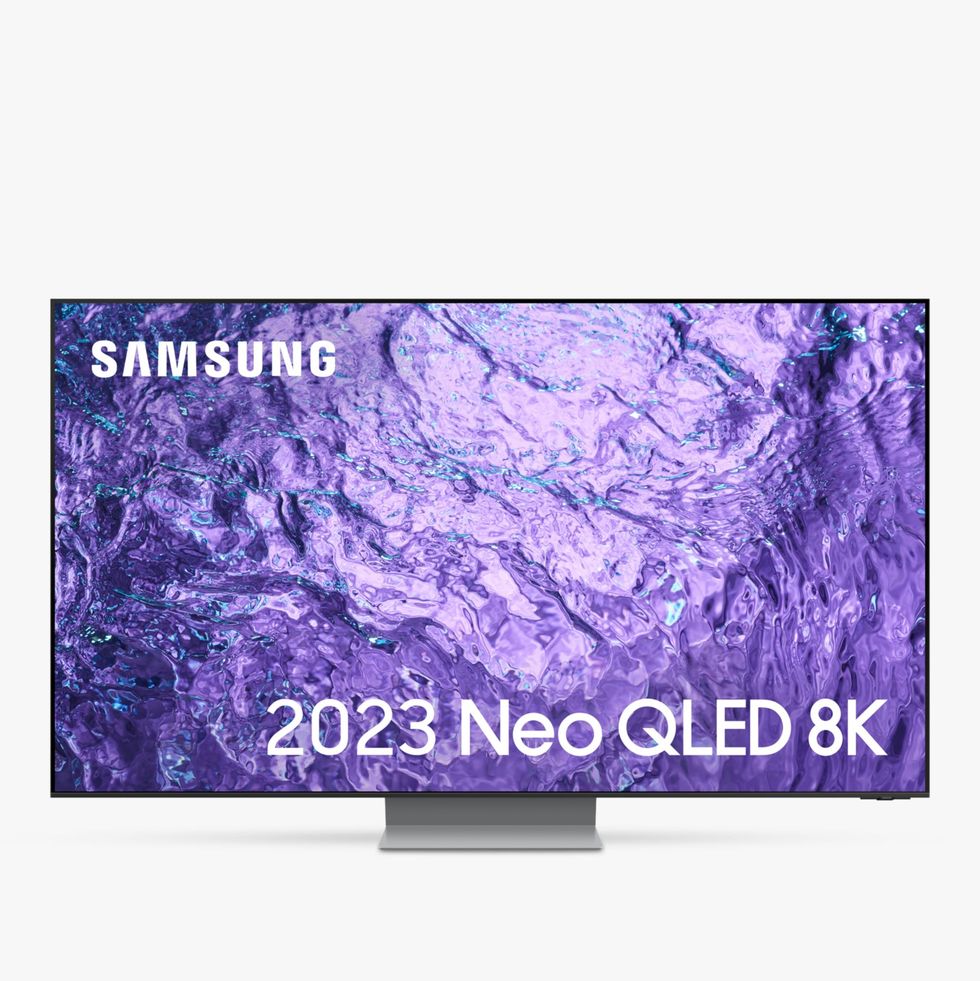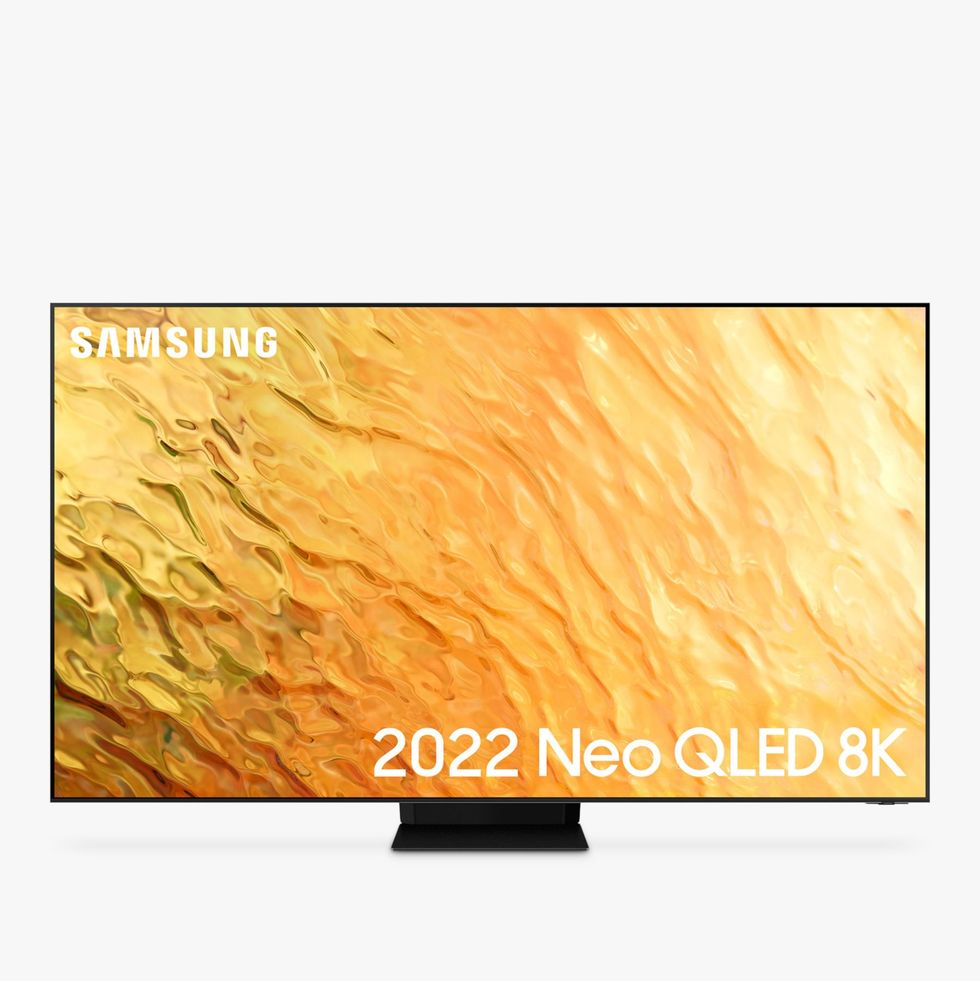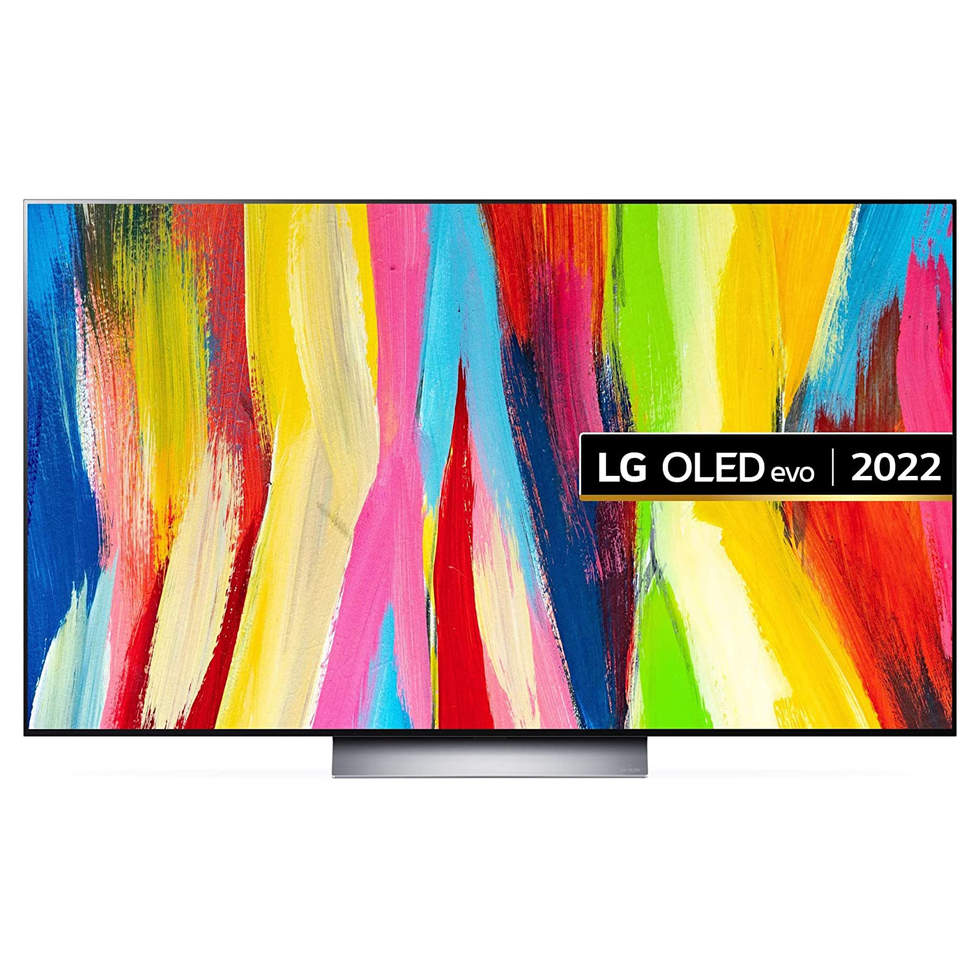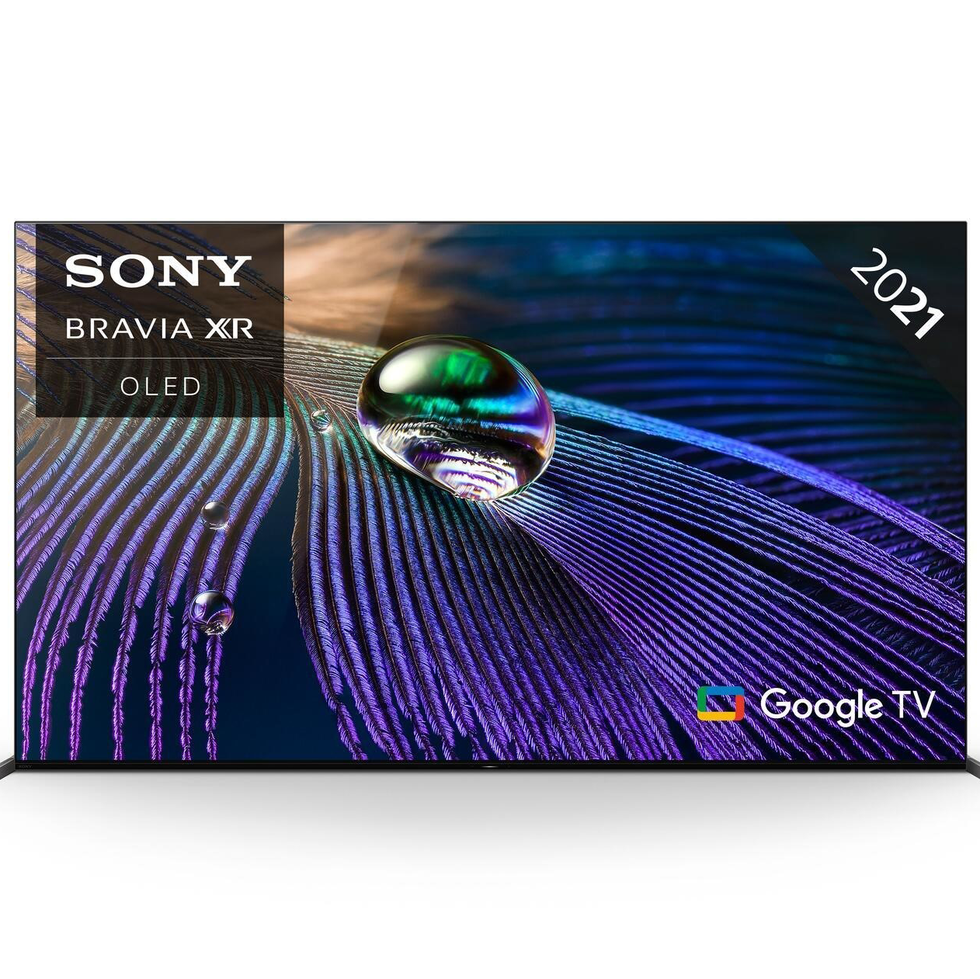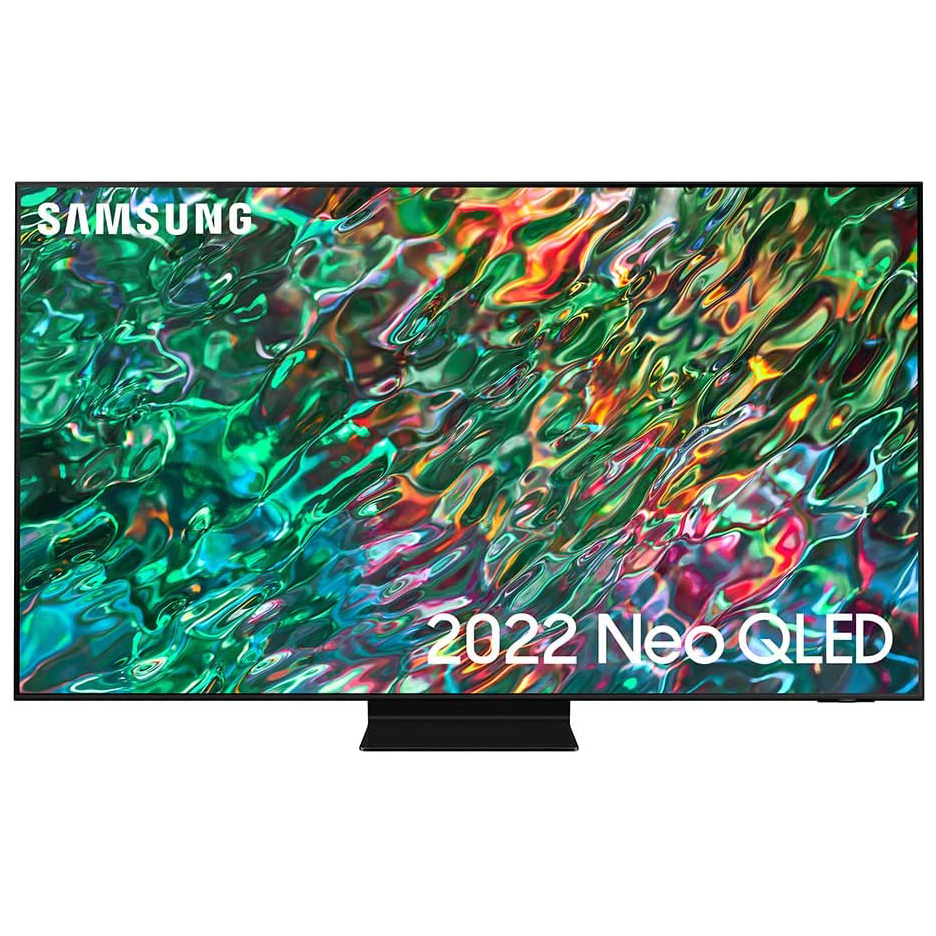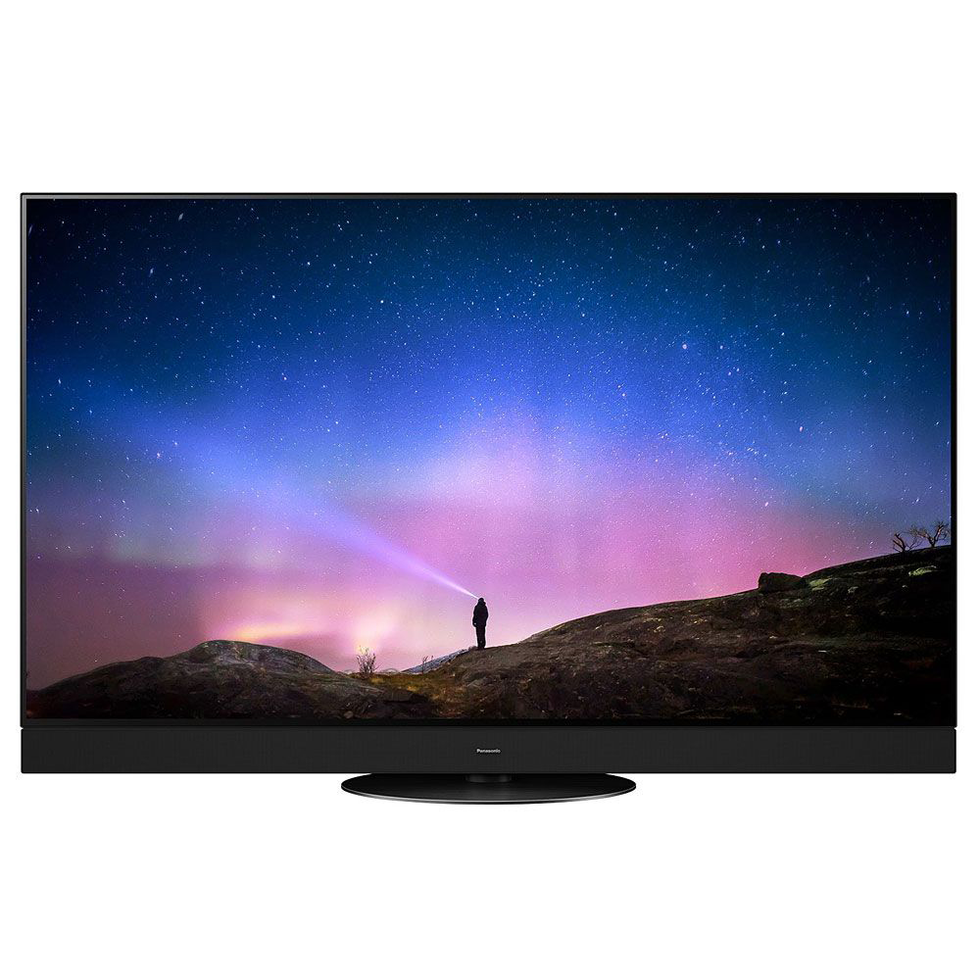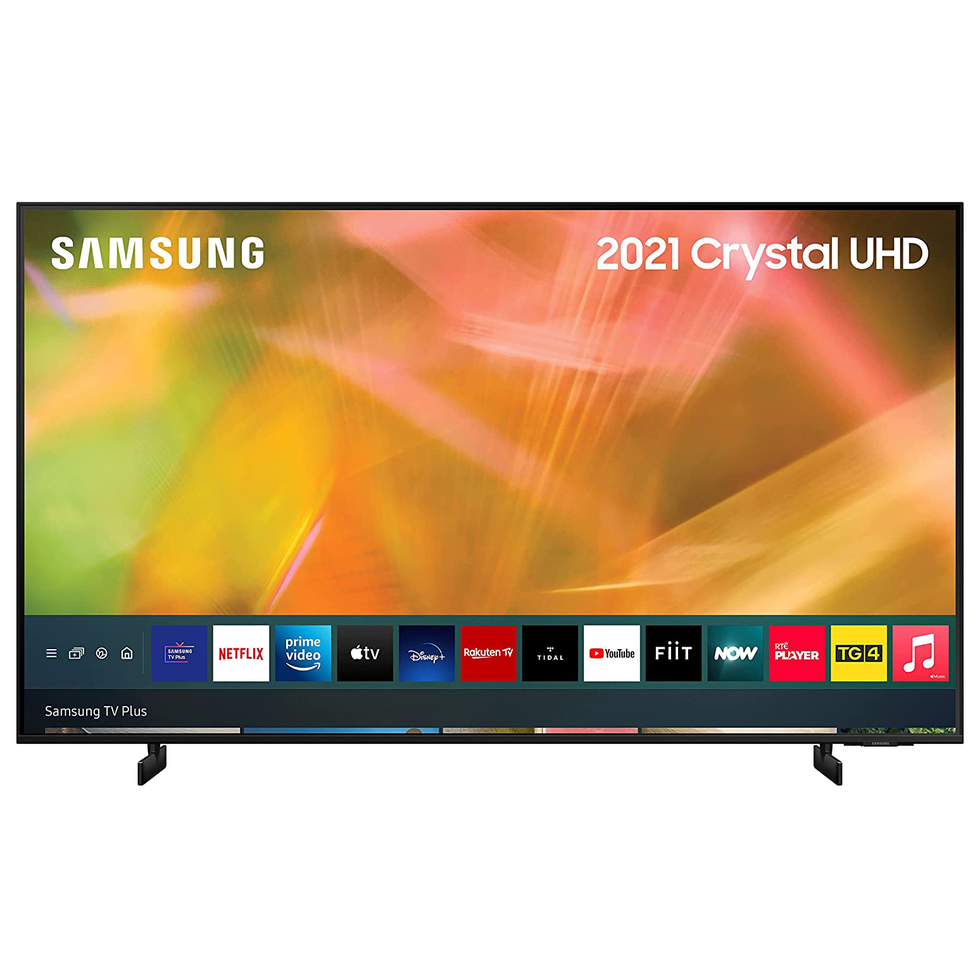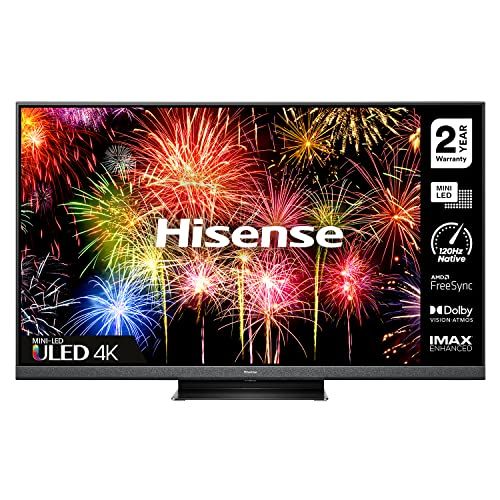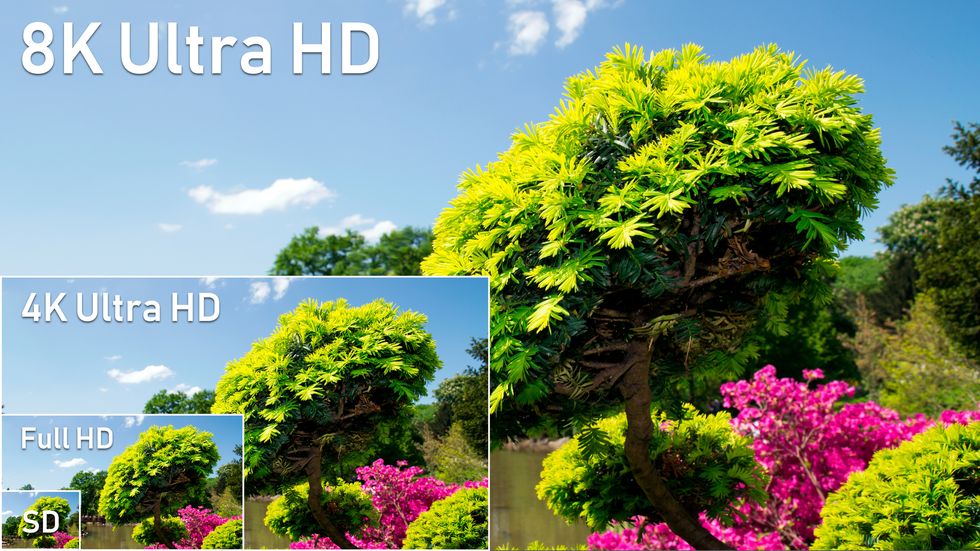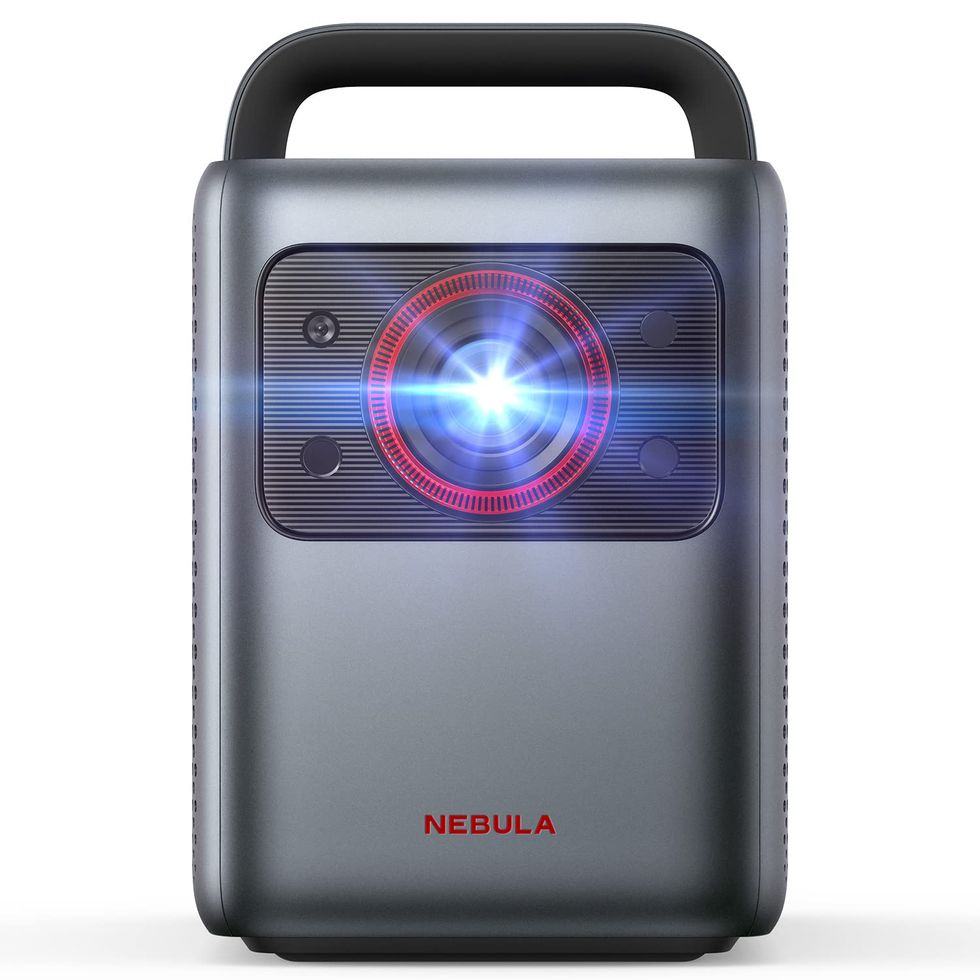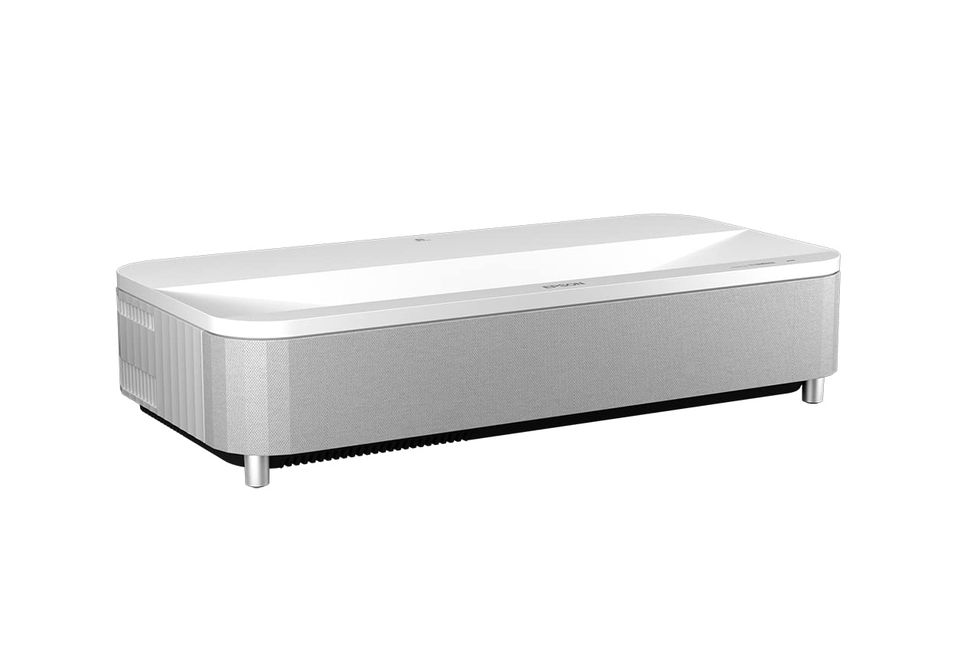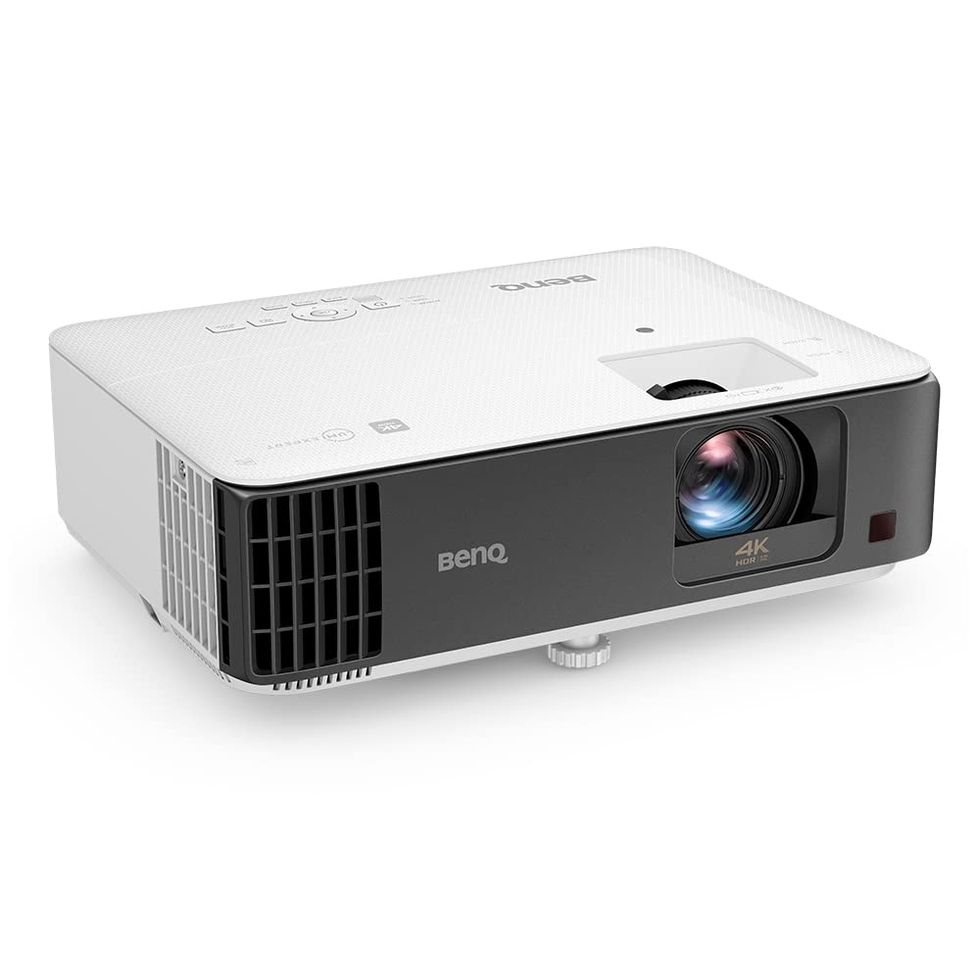Just when you thought you were catching up to the tech trailblazers by upgrading to a TV with 4K, the world has already moved on to shiny, new 8K TVs. Typical. But even though “future tech” is quickly becoming “normal tech” when it comes to TV panels – we reckon that it’s still too soon to consider your Ultra HD set to be outdated.
From looking at big trade shows like CES, it appears the 8K TV floodgates have already opened – but is that the case, and should you be buying into 8K? Well, we think you should hold onto your pennies for now. We might be living in a post-Blade Runner era in 2023, but 8K entertainment is a trend you just don't need to follow – at least not yet. Here’s why.
4K vs 8K TVs: The Differences
• Resolution: It sounds obvious, but 8K TVs have a better resolution than 4K sets. 8K models have four times as many pixels as 4K and 16 times as many compared to a 1080p TV. They may have better quality, but we reckon that most of us will still be more than happy with 4K.
• Price: 8K sets are still a luxury purchase – with price tags to match. They are usually priced anywhere between £2,000 and £12,000, while 4K sets can go for well under £500. We’re always hoping 8K models will come down over time, but it depends on adoption rates.
• Future-proofing: There’s a good chance that 8K TVs will be the future – eventually. Even if that won’t be any time soon, we know gaming consoles like the PlayStation 5 and the Xbox Series X do support 8K gaming – while 4K sets may eventually be viewed as outdated technology.
The Pros of 8K TVs
Stick with us here, as we're about to throw a bunch of letter spaghetti and tech jargon at you, but it will all make sense in the end.
8K resolution refers to the number of pixels that a TV display shows you, with those extra pixels making the image sharper. The 8K TVs have a resolution of 7680 x 4320 pixels, while 4K sets are 3840 x 2160 pixels – so the biggest pro is the massive increase in image quality when you're watching movies filmed in that resolution.
OK, let’s get into more detail to show you how they compare.
If there are fewer pixels in an image, it means that the individual pixels are required to do more work and show more data, meaning the image quickly looks blurry and washed out on a big screen.
A greater number of pixels per inch (PPI) means there are more to share the load on the display, making content look crisper and smoother.
You might notice on YouTube that you can improve the quality from 360p (a blurry, pixelated, vomit-inducing mess) into HD and above, meaning the video displays in at least 1080p (1080 x 1920 pixels), which used to be a very common standard for smaller TVs in the early 2010s.
Since then, the world has moved on to 4K resolution. This is the new base standard of most TVs. This bumps up your pixels, essentially quadrupling the resolution of your TV and improving the quality by a huge step.
4K is a huge stride forward if you're coming from standard HD quality, and you'll definitely notice the difference – images stand out more, colours pop, and landscapes shine in amazing detail.
Compared to 4K, 8K is the next step forward, doubling the resolution to 7,680 x 4,320 – or a massive 16x better than HD. There are loads more factors at play when thinking about TV picture quality (think HDR, screen refresh rate, port selection, audio) but just focusing on the pixel aspect, 8K is, at least on paper, better than 4K in every way. Or is it?
The Cons of 8K TVs
Well, you can invest if you want to, but only if you've got a spare £8k to throw at a TV setup. Even in 2023, 8K is still in the early-adopter phase. In fact, analysis suggests global sales of 8K TVs represented just 0.4% of all TVs sold globally in the first three quarters of last year. UK sales for the same period are slightly higher (at around 2.3%) – but still. Ouch.
Samsung is making the first real attempt to bring 8K TVs into regular people's living rooms and, even then, it's going to take a fair chunk out of your bank account. That's actually the problem with the 8K TV scene right now, as most of us mere mortals are being priced out of the tech almost immediately. They are coming down in price, but expect to pay between £2,000 and £12,000 for luxury 8K sets.
Meanwhile, 4K TVs are way more affordable than they used to be. You can pick up a pretty solid 43-inch 4K TV for under £400 right now, and even the top-quality models are usually priced between £900 and £1,500.
You're more likely to be able to buy one of these and actually enjoy it without that looming sense that you've completely bankrupted yourself to binge-watch Curb Your Enthusiasm or Lost for the 17th time in a row.
So, What Can I Watch in 8K?
Here is another problem with all this future tech talk: there isn't actually that much 8K content for you to watch. Seriously, the amount of content filmed and specifically made to be played in 8K is pretty much limited to short nature programmes and sweeping shots of mountains – you know the ones. The rest is upscaled 4K and not true, native 8K.
If you get the chance to look at an 8K TV in action, you'll most likely be watching 4K content on a stretched-out screen. Your eyes might not be able to notice if it's being upscaled or not, but the TV can't create detail from nothing, and the drop in picture quality is there.
It has taken the TV and film industry years to adjust to 4K and develop shows and movies that are both filmed and upgraded in the Ultra HD format, and it's still only just becoming the standard.
It was only in the last few years that Netflix started to invest in Ultra HD for every one of their Netflix Original shows and movies (House of Cards was the first big Ultra HD release for Netflix back in 2013, and it's only become more common in the years since).
However, there are only a few cameras that can properly film in 8K and studios are forced to pay millions of dollars to rent them for use. Clearly, they aren't going to be shooting the next season of The Witcher in 8K unless a major part of the global audience suddenly rushes out to buy a new 8K TV.
4K vs 8K: Can You See The Difference?
Regardless of all this talk of internet speeds and content availability, the comical truth of 8K is that our weedy, human eyes can't even process that level of detail – so what is the point of paying for it?
If you put a 4K TV and an 8K TV of the same size next to each other, you *may* notice differences in the refresh rate (how fast images refresh on the screen, making the image look smoother) and colours might look punchier, but ultimately, you won't be able to tell them apart.
There's only so much information your brain can take, and the millions of pixels are lost because there are too many for your eyes to handle.
Basically, what we're trying to tell you is that 4K is still the TV resolution you should be picking up right now, despite all the hype. A £400, 40-inch 4K TV is still a massive upgrade on a Full HD box and will bring your TV shows to life. And if you have spare cash to invest, we say it is far better spent on a quality soundbar, Blu-ray player or even a 4K projector.
Owen Gough is an expert in all things tech, including top deals, phone upgrades, wearables, audio gear and gaming. You can get in touch with Owen on Twitter @OwenGough
Jason Murdock is our former Deputy Technology Ecommerce Editor, contributing to multiple titles including Good Housekeeping, Esquire and Digital Spy. With more than eight years’ experience covering tech at publications including Radio Times, Newsweek and the International Business Times, Jason has extensive knowledge on the latest gear and gadgets – reviewing phones, tablets, laptops, headphones, smart home products and more – and covering the biggest shopping events of the year, including Black Friday and Amazon Prime Day. For his coverage on cybersecurity in the International Business Times, he won Digital Writer of the Year at The Drum's Online Media Awards in 2017. When not writing and testing the latest gadgets, you’ll find Jason playing the guitar or learning how to parent his new baby. You can follow Jason on Twitter at @Jason_A_Murdock.
